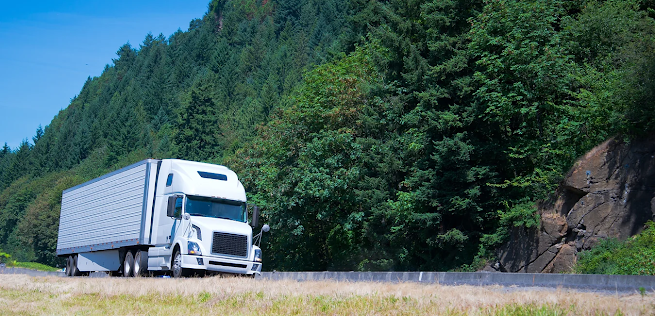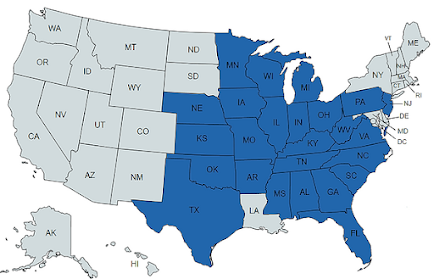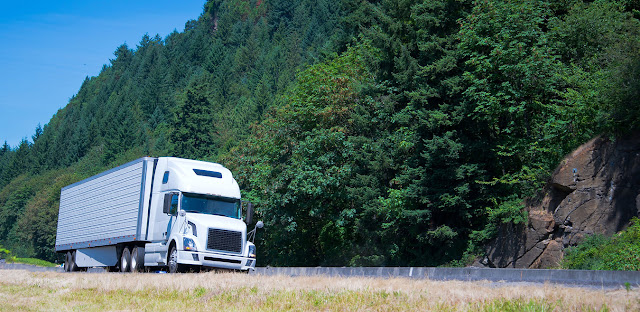Coastal Trucking Insurance Requirements in Georgia

Georgia's coastal regions provide a vital hub for trade and transportation, making it a prime location for trucking companies. However, operating in coastal areas comes with unique challenges and risks, necessitating specialized insurance coverage. In this blog post, we'll delve into the nuances of coastal trucking insurance in Georgia , helping trucking companies grasp the essential aspects and make informed decisions. Coastal Trucking Insurance: A Primer Coastal trucking insurance is a specialized form of commercial insurance for trucking companies operating in coastal areas. This type of insurance accounts for risks specific to coastal regions, such as adverse weather conditions, port-related operations, and proximity to bodies of water. Key Coverage Aspects 1. Weather-Related Perils: Coastal areas are susceptible to extreme weather events like hurricanes, storms, and flooding. Coastal trucking insurance typically covers damages and losses resulting from these weather-relate
.jpg)

